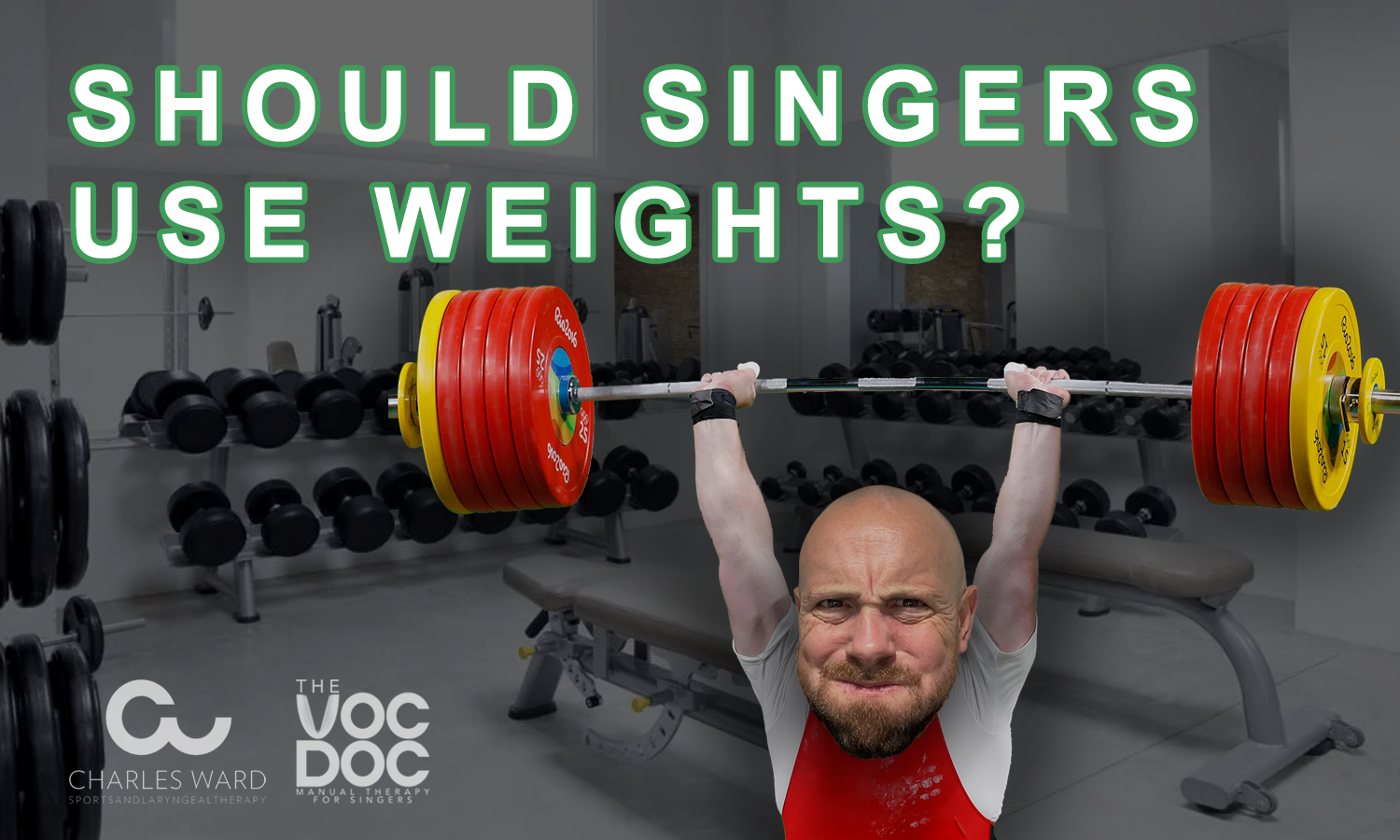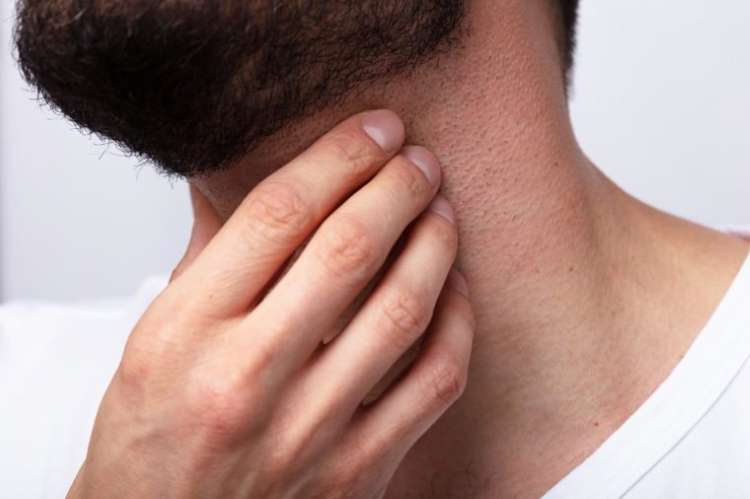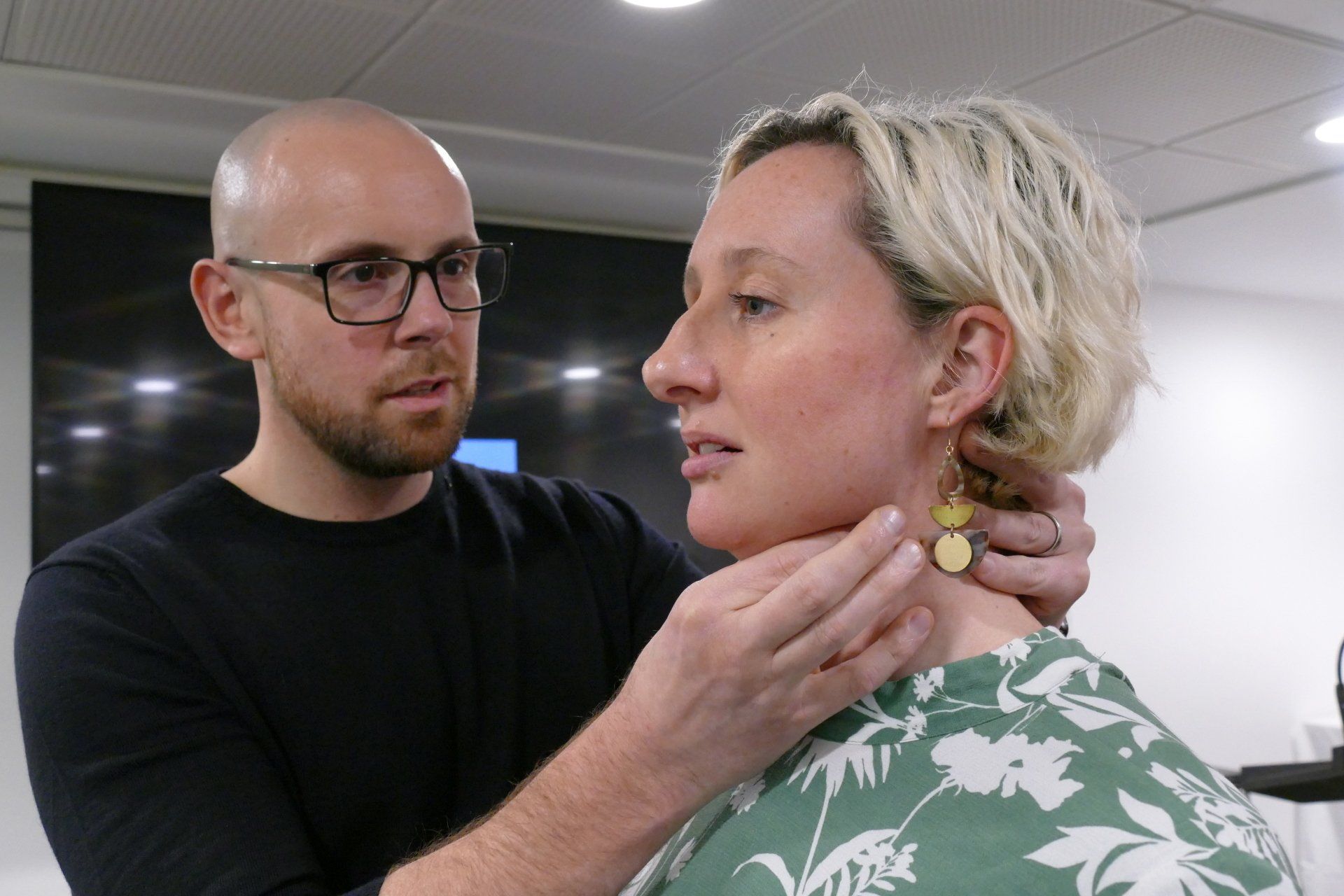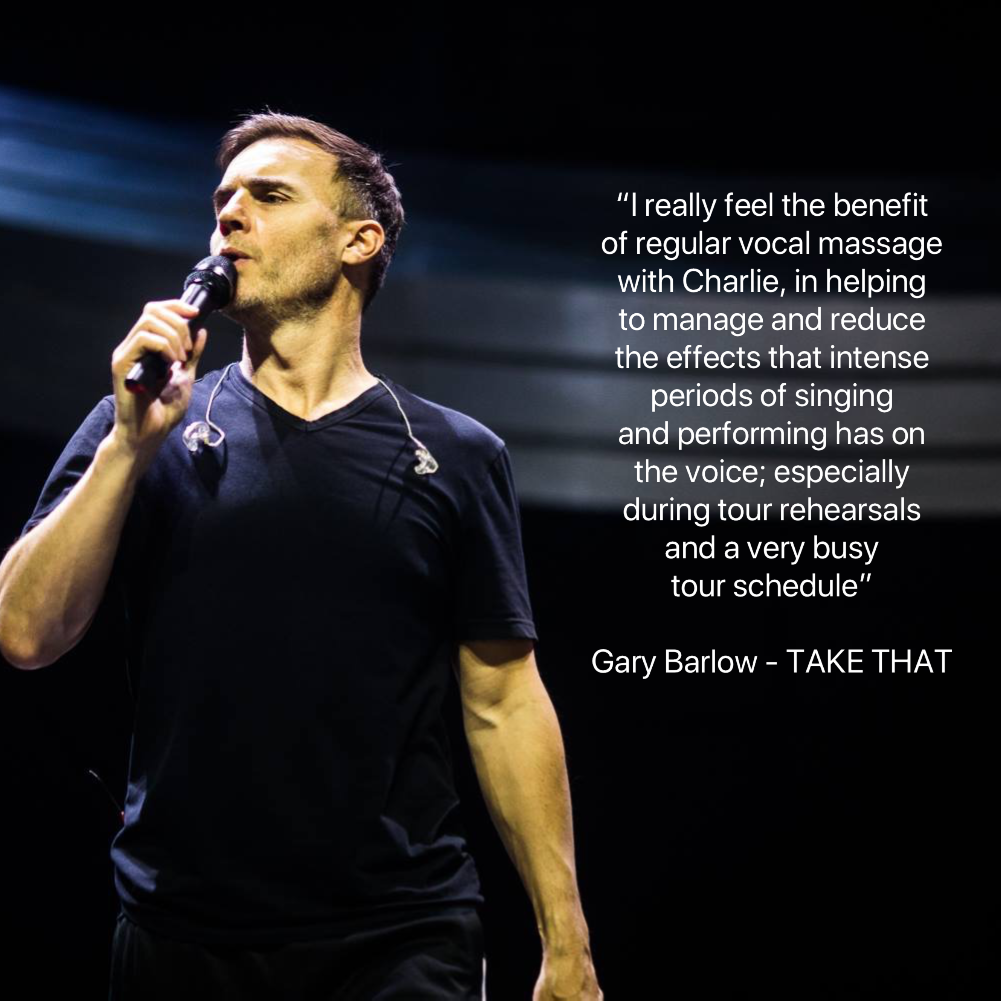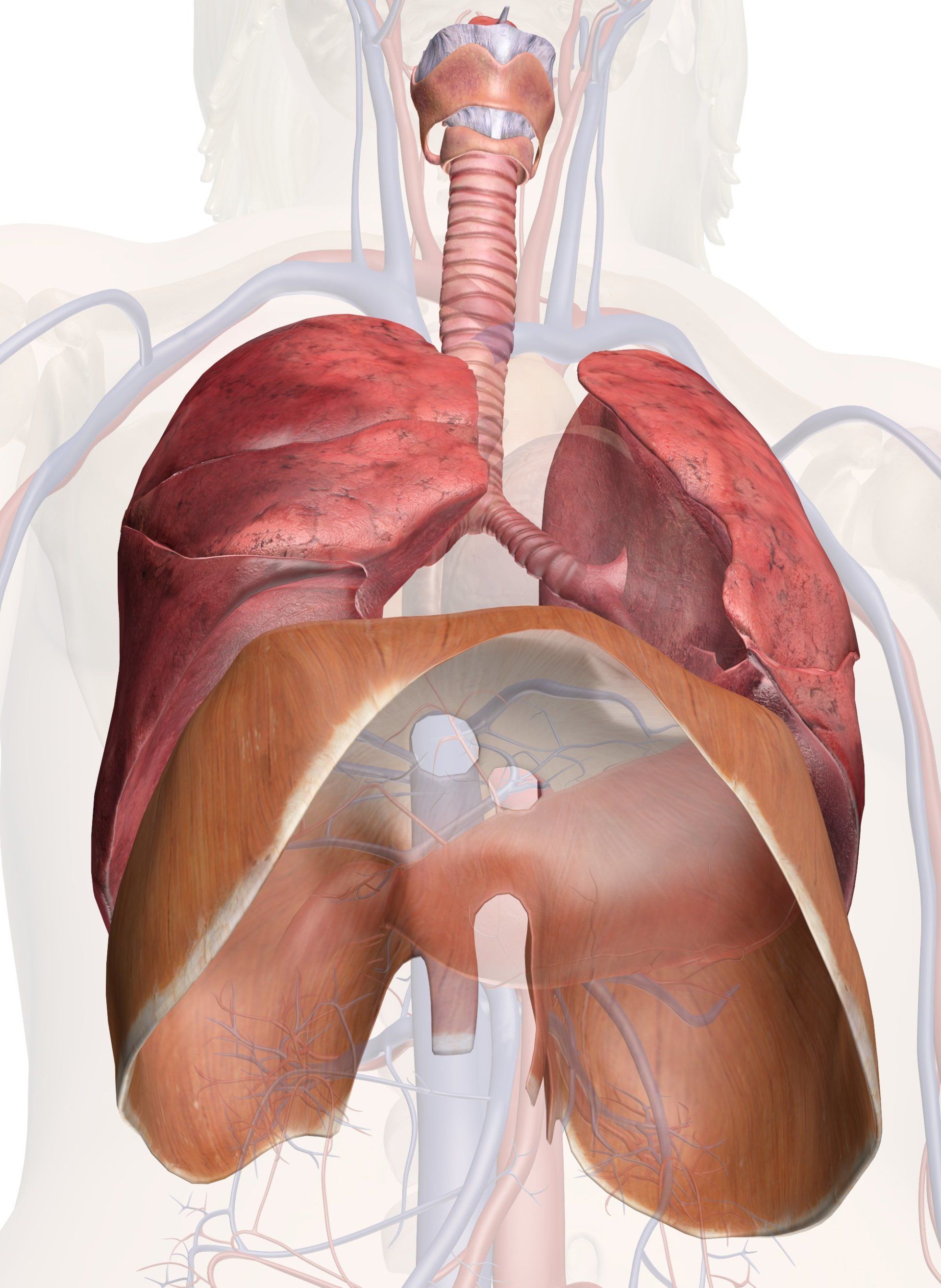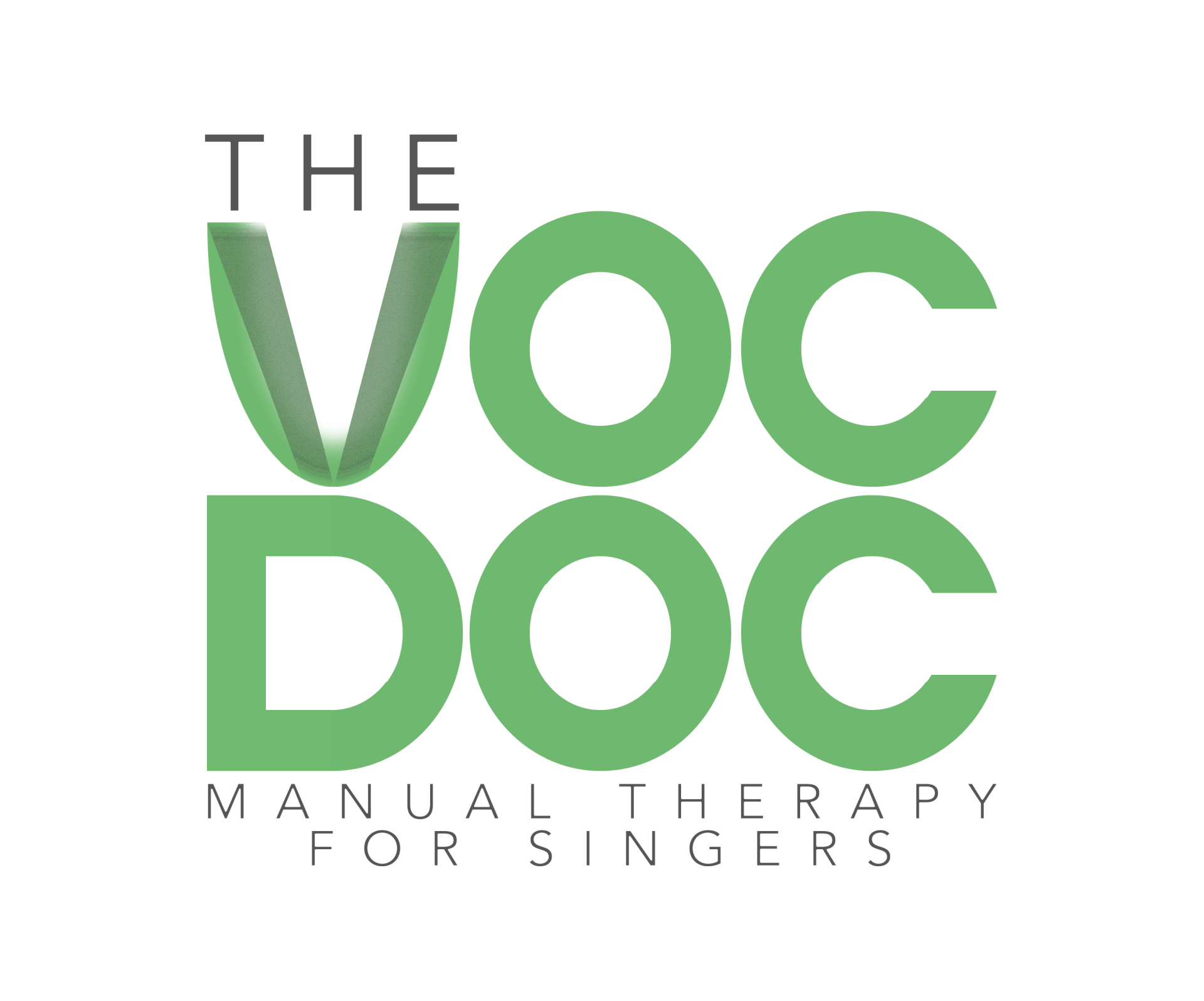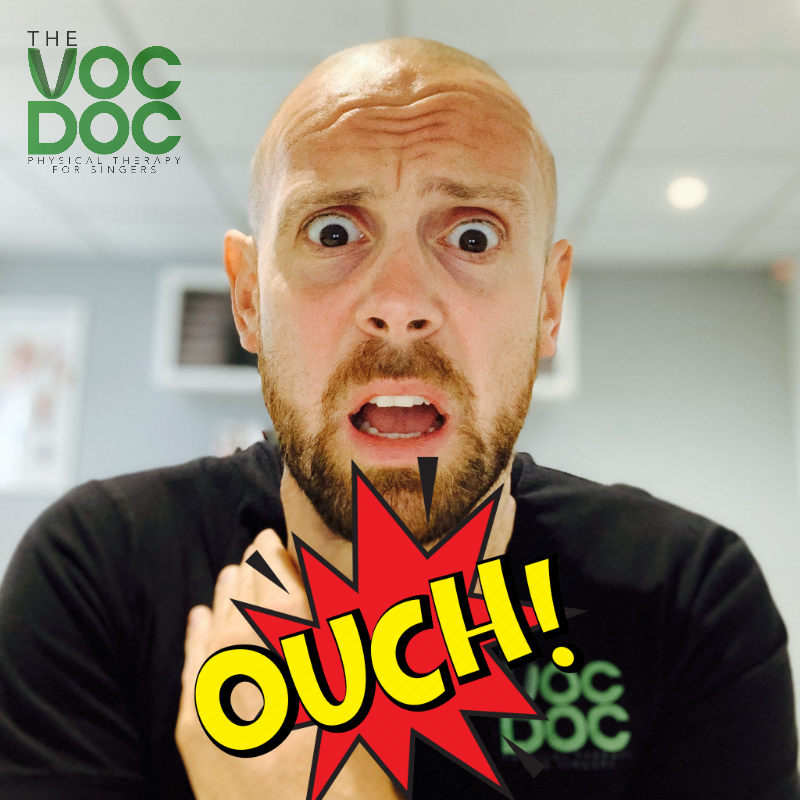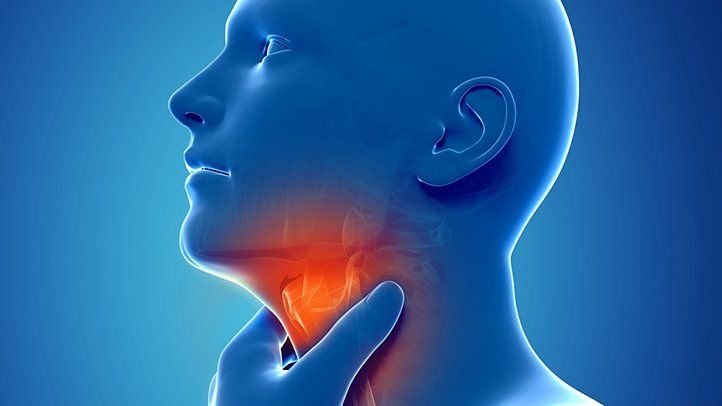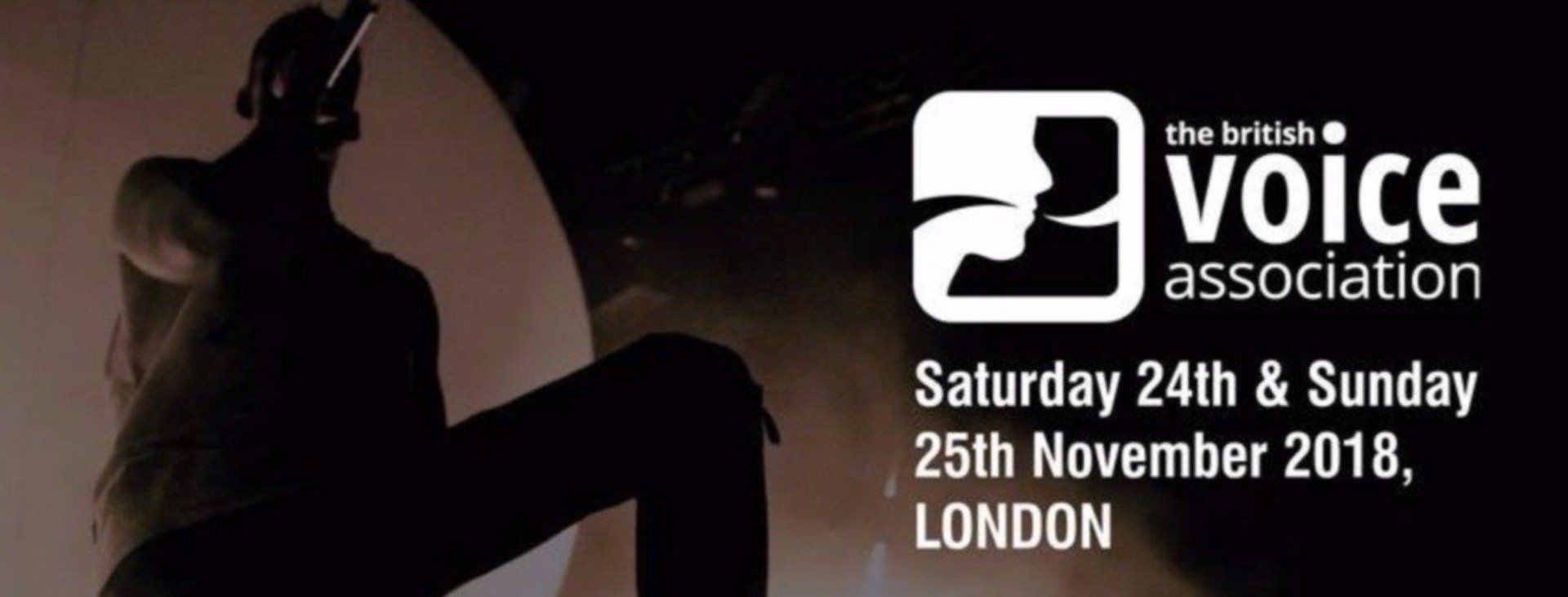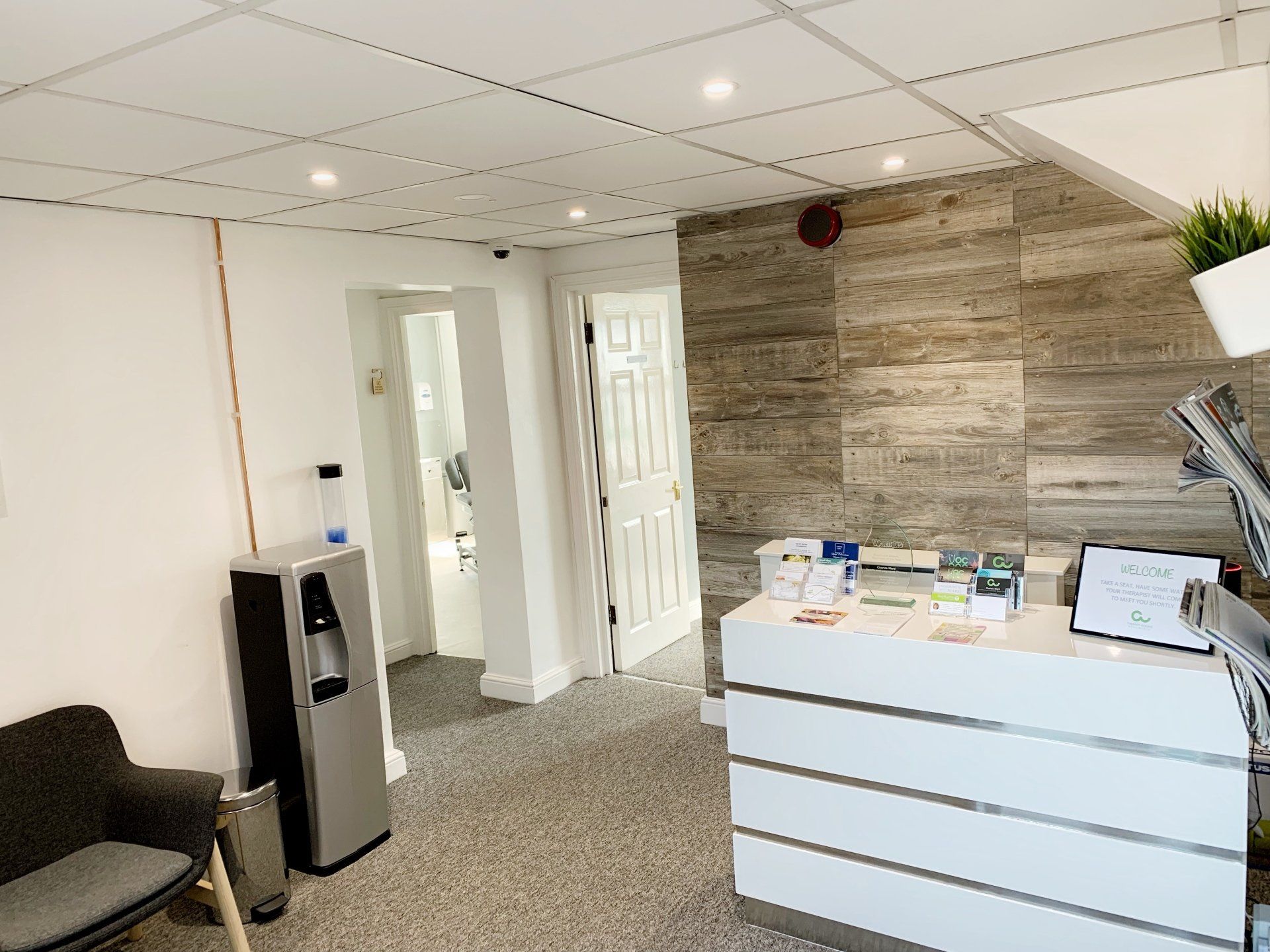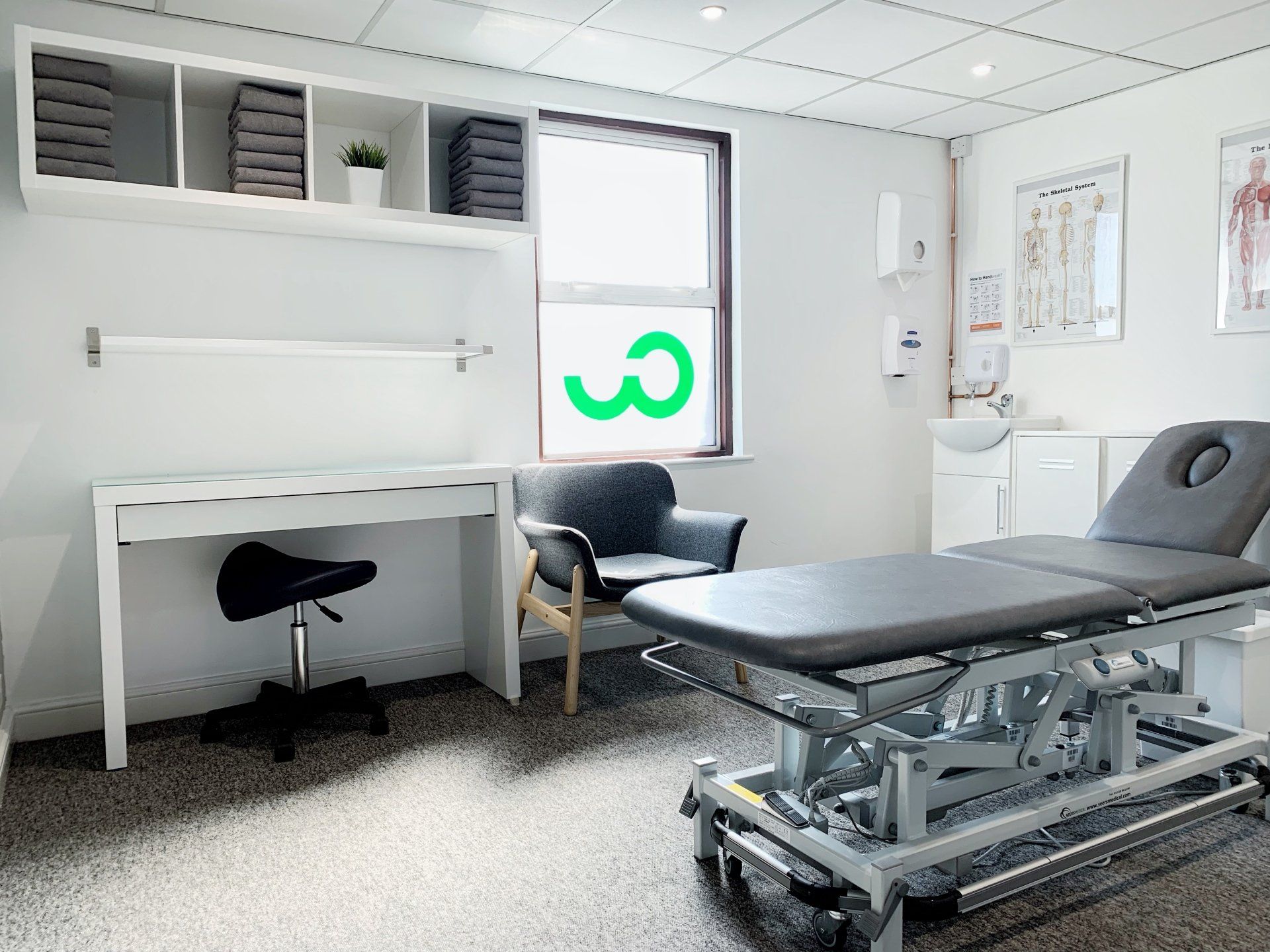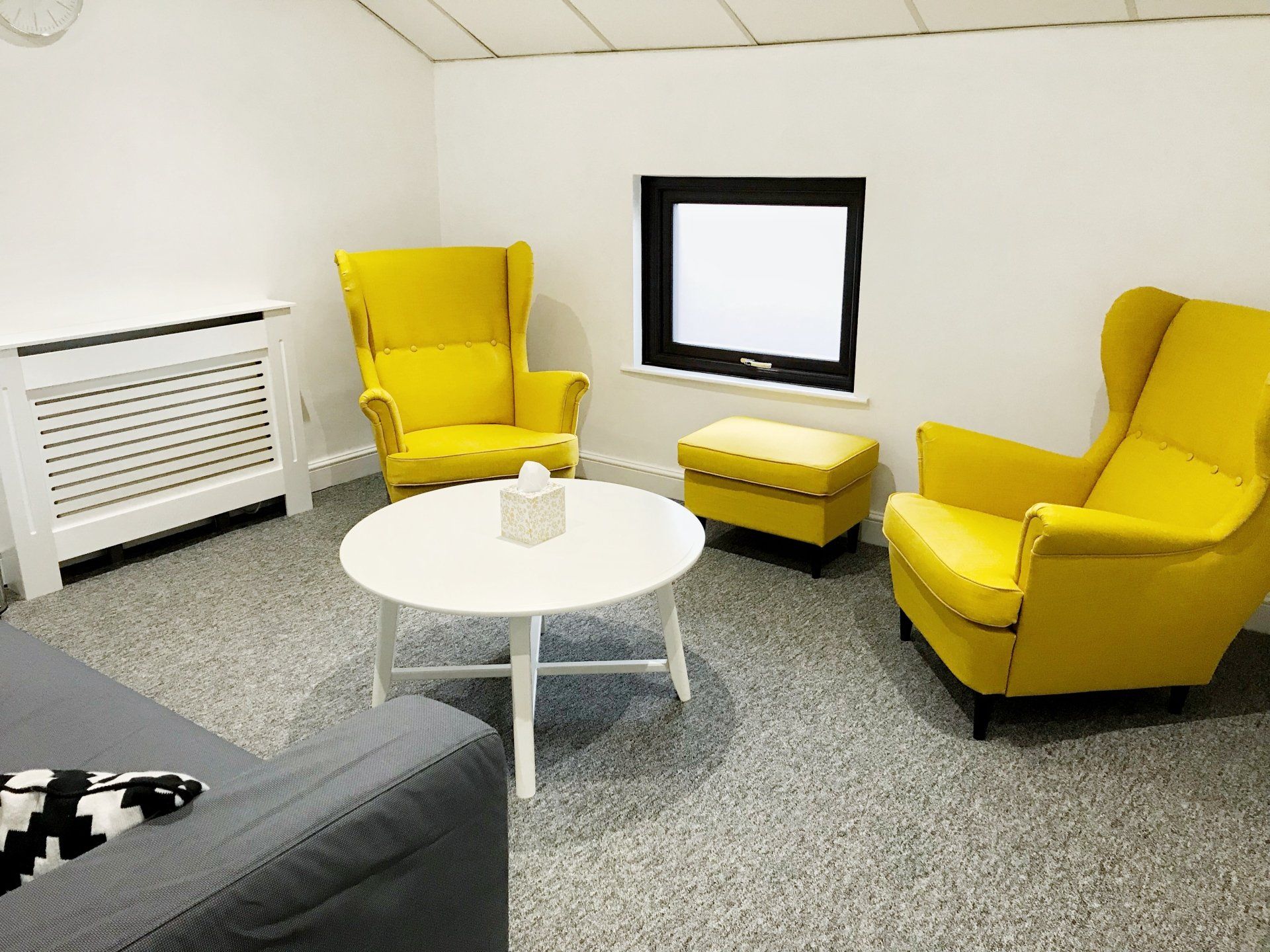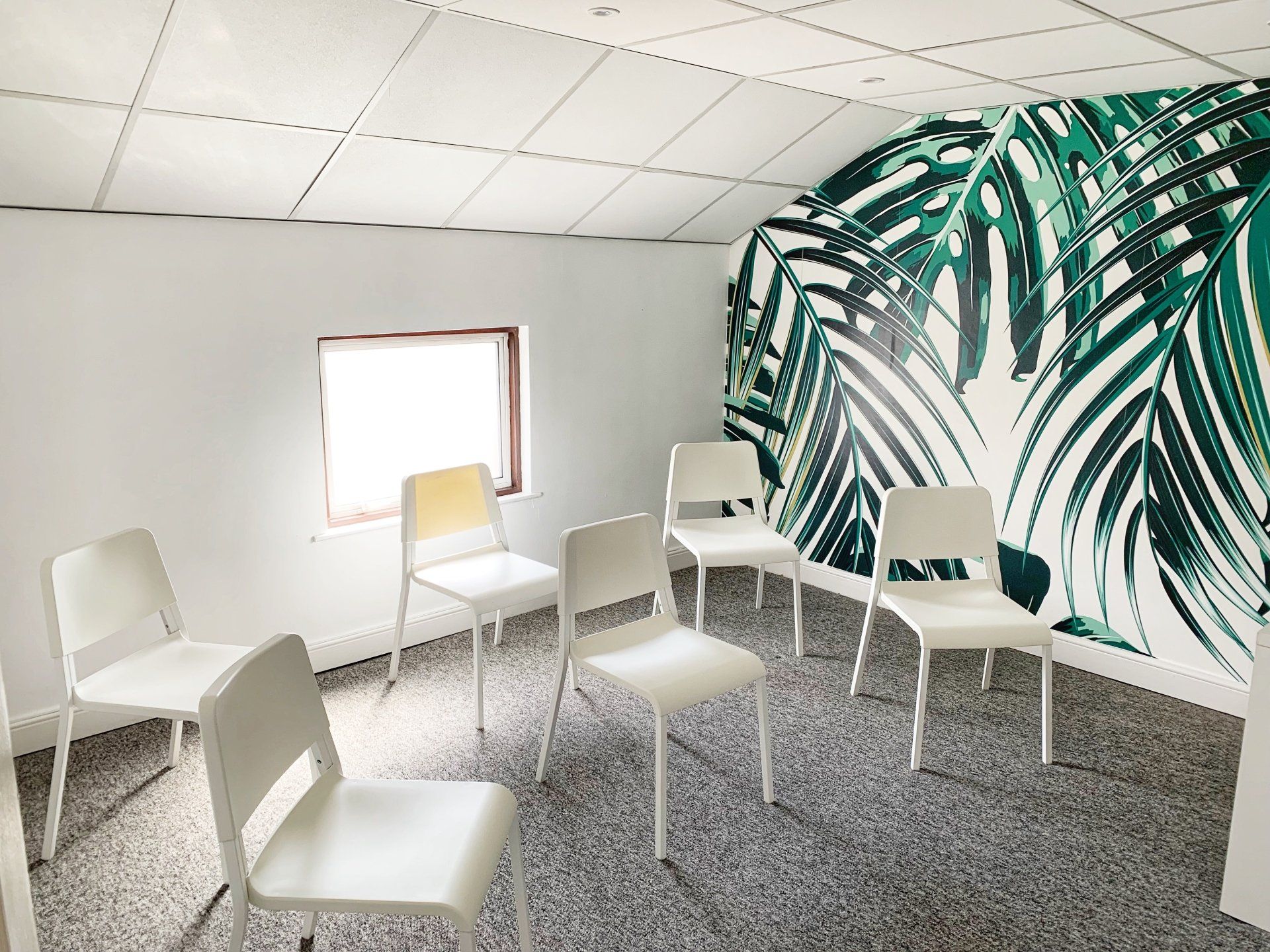by Charlie Ward
•
11 July 2019
I'm extremely lucky to work with all sorts of incredible voice users and feel truly blessed to help them keep their voices in good health as part of their vocal health routines. It's especially important to look after your voice if you're using it day-after-day and night-after-night. Even more so if you're adding energetic, strenuous dance routines and performances to it; not to mention the stresses and strains of daily life! However, a huge amount of voice users don't actually look after their voices enough considering that it's essentially their money-maker!! Like anything, if you use your voice regularly, or even to excess, it will become tired. Scrap that! That statement is not actually correct. Essentially 'the voice' is just air! So, 'the voice' doesn't actually become tired, it's the muscles and structures that work together to produce sound that become tired, and as a result your voice quality and sound changes in a variety of ways. Usually it causes a croaky or hoarse quality and makes creating sound effortful and laborious. Singing or speaking should be as effortless as possible - more effort usually means over working already tired muscles. This is where Vocal Massage come in! Athletes have regular soft tissue massage, manual therapy and osteopathy type treatments during training and performance to reduce the risk of injury, the effects of training and competition. Voice users are no different - we simply uses different muscles to perform our specialism. The effects on those muscles are no different from that of an athletes. They get 'stiff', 'tired', 'sore' and sometimes even stop working or become over active as a result of being used. If you don't look after them they will eventually let you know, which usually means a reduction in vocal quality, control and range. Worst case scenario it could result in vocal rehab or a period of voice rest - which is never good when you have a run of shows or gigs scheduled, recording booked or rehearsals to get through. Vocal Massage (as it's now being coined) will help to reduce the effects of fatigue by reducing symptoms of muscular tightness, restriction, soreness and helping to lower the resting position of the larynx, which is often raised following long periods of voice use due to natural and adaptive muscle shortening. It also helps the voice user to physically relax the body and mind, not just 'the voice', helping to reduce anxiety and nervous sensations. A 'Vocal Massage' will not only focus on the larynx, but other areas such as the jaw, neck, shoulders, ribs, diaphragm/abdominal region and sometimes even the hips! Interested? Get in touch and have a chat.
